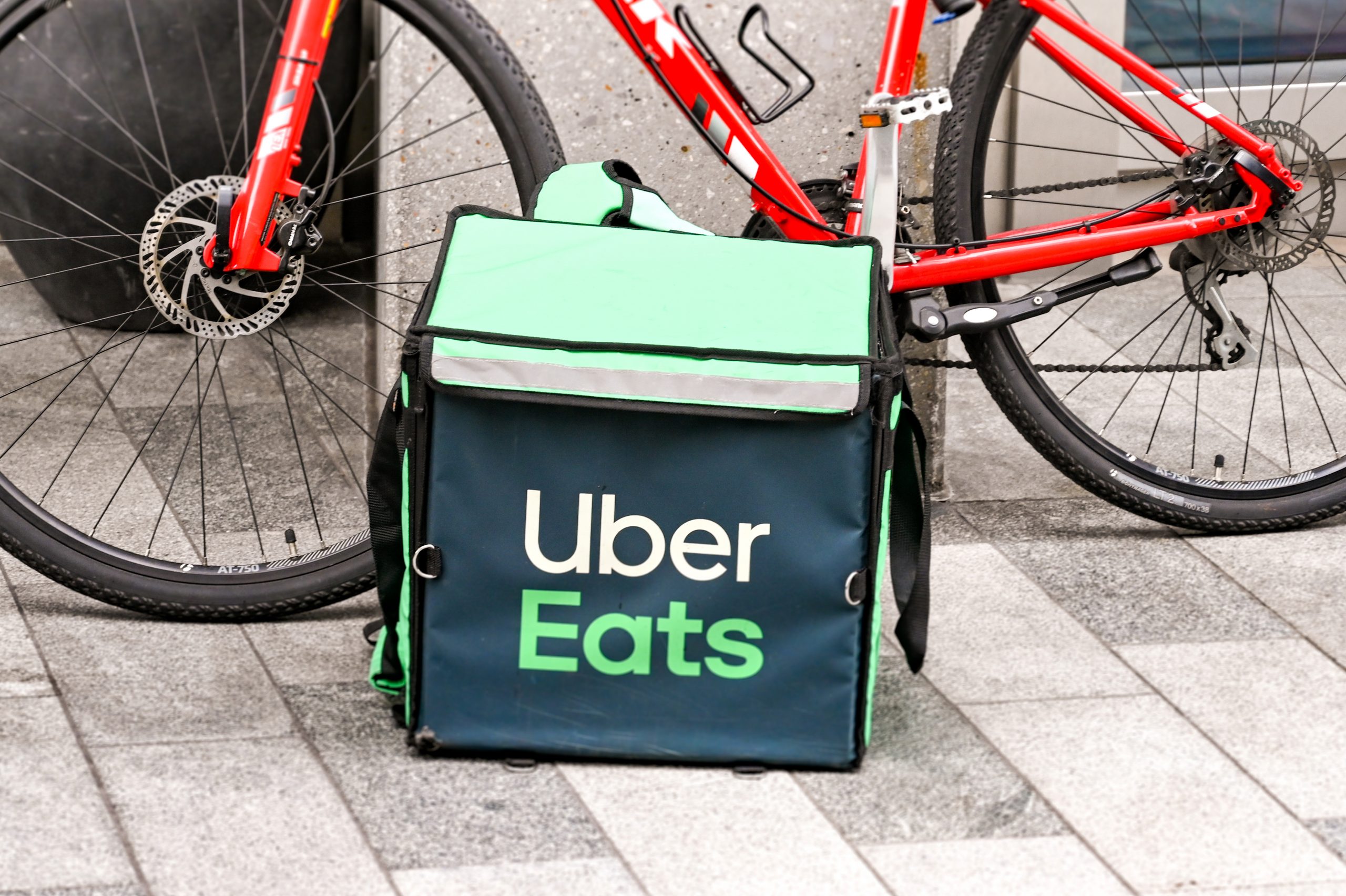This website uses cookies so that we can provide you with the best user experience possible. Cookie information is stored in your browser and performs functions such as recognising you when you return to our website and helping our team to understand which sections of the website you find most interesting and useful.
Uber Eats delivery ‘quests’ cause fatalities in Japan
Japanese couriers for the food delivery service have been involved in a series of dangerous driving incidents as they strive to gain ‘awards’ for meeting high delivery targets.

A court case in Japan is raising questions over whether it’s safe to incentivise food and drink delivery drivers to push for a greater number of deliveries per day after a fatal accident occurred in Tokyo.
In April 2021, a bike courier working for Uber Eats allegedly collided with a 78-year-old man, killing him. The delivery driver was in the middle of a “quest” – a term used by Uber Eats for its incentivised delivery targets. The driver was attempting to reap rewards for completing a specific number of drops per day.
The 28-year-old man told the court, “I thought I’d keep going till I reached the point where I could receive a reward,” it was reported in the Japanese media.
According to a recent report on Uber Eats in Japan, the company’s couriers can earn a bonus of 3,500 yen (€27) for making 30 deliveries, and up to 17,000 yen (€131) for making 90 deliveries across four days.
“If you get paid extra based on the number of deliveries you make in a limited amount of time, the risk of accidents increases as the delivery person naturally rushes to make as many deliveries as possible,” lawyer Hironori Niwa told Japan’s Asahi Shimbun newspaper.
“I think this case raises the alarm about a system that prioritises profit over safety.”
In 2021, an article by The New Yorker questioned the ethics behind the business model of delivery apps such as Uber Eats and flagged vital changes that needed to be made regarding both astronomical commission fees slapped on top of restaurants’ menu prices, and the working rights of delivery drivers.
Last year, some US states including San Francisco and New York changed their regulation to halve the minimum commission fee that delivery apps are allowed to charge restaurants for delivering their food, cutting it from a whopping 30% minimum commission to 15%.
However, this coincided with a slash in delivery drivers’ wages. “People who’ve been driving delivery for a long time will always tell you about those early days, and how much money they made—it was like US$30 an hour. But by 2018, 2019, what a lot of drivers have told us is that, at that point, there were a lot of incentives [for them] to commit to regular schedules, to show up at regular times, to the point that they would quit whatever their day job was. And then that money goes away,” Moe Tkacik, who works in delivery app regulation, told The New Yorker.
Uber Eats has stressed that taking part in quests is entirely optional for couriers.

